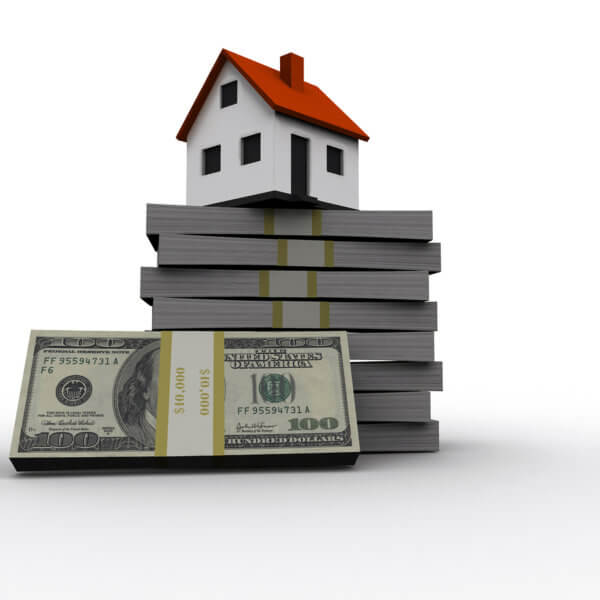The realm of property investment is one that is incredibly competitive. The allure of being able to earn passive income is more than enough reason to inspire a lot of investors. And this exactly how it should be. However, like all industries and trades, there are a few tricks to the game. And like every other industry, these tricks are often hidden from beginners.
One trick, that may sound counterproductive is that of Negative Gearing. Now, every trick has a purpose, and the purpose of negative gearing is to net you a substantial return on investment after a period of time. But, before we get into the juicy bits, we need to establish context. So, what exactly is “gearing”?

Gearing
Gearing refers to the act of borrowing money in order to invest the borrowed money into something else. Gearing, and the practice of borrowing funds in general, greatly increases credit risk. But it’s also a quick way to acquire wealth. Now, there are three types of gearing: Neutral, Positive, and Negative.
Neutral gearing basically means that the income (from the property) and the expenses that you incur are equal. I’m confident that you’re able to follow the pattern here.
Positive gearing has a higher income versus the expenses, and this is typically the way most investors would want to go.
Now, why anyone would opt for a negative gearing setup is beyond most people. Because at face value, it seems like it’s the quickest way to incur losses. This short article is a good resource if you need negative gearing explained thoroughly. But, don’t worry, you’re not leaving here empty-handed.
See, the trick here doesn’t have anything to do with the amount of flat cash you’re going to earn. Instead, there is an interplay between negative gearing and the taxes that you’re required to pay.
Taxes
See, taxes scale with your income. That’s a given. That fact holds true in the scenario of negative gearing. And this is the main reason as to why some investors opt for using a negative gearing model—to offset their other taxes. The general idea here is to take advantage of the tax perks that are available to those who have properties that cost more to own versus the income that they bring in.
And the tax perks allow investors to save on taxes without having to reduce their cash flow.
Not only that, but when you factor in time, money, and motion, you could potentially come out with a lot more money than when you went in simply because of the fact that properties have the tendency to increase in value as time goes by.
So, not only do you reduce your other taxes; you are metaphorically sitting on a golden egg that could only grow in size and in value. This is especially true if you intend to sell that property later on.


